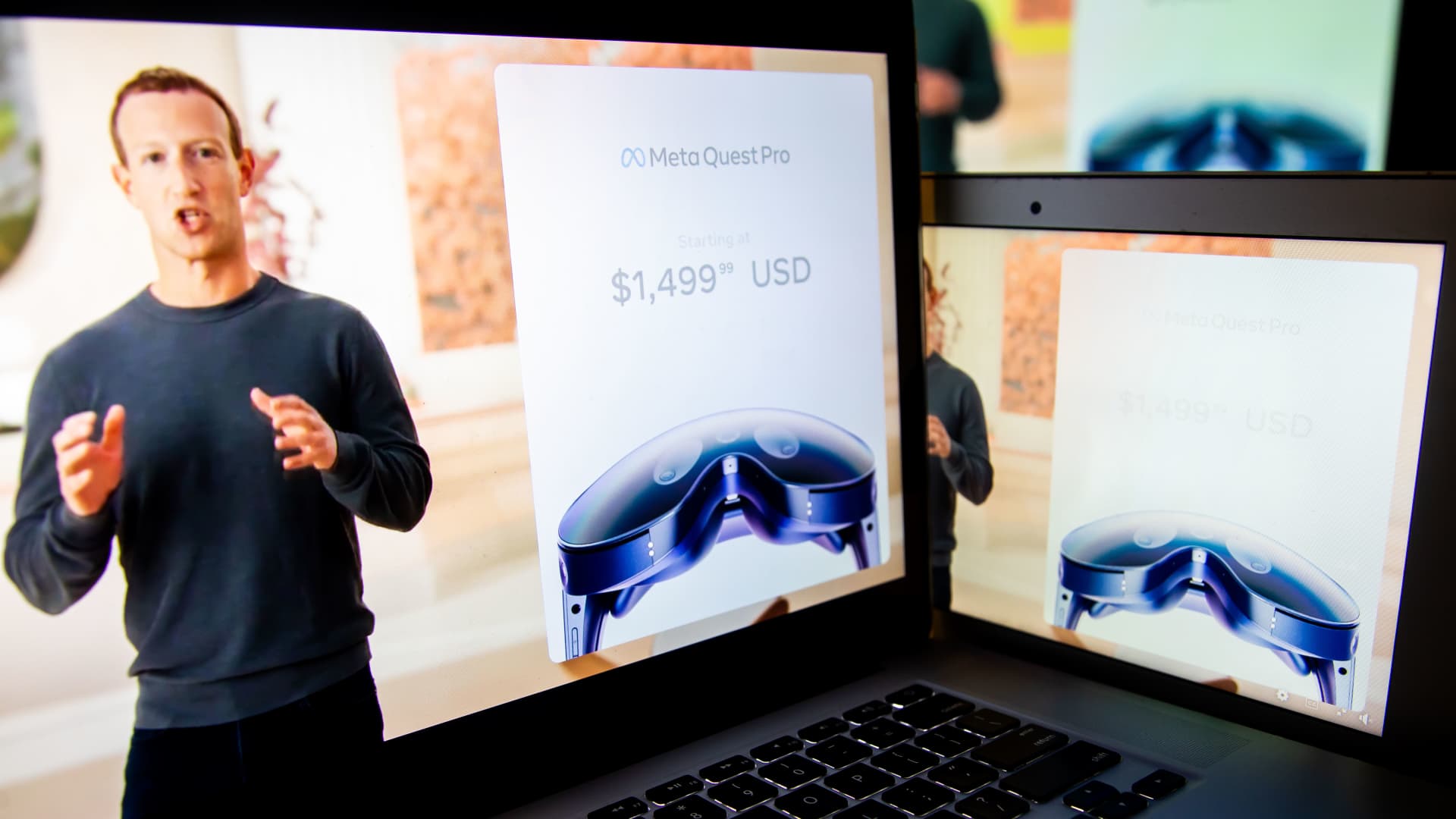During a virtual event called Meta Connect, Mark Zuckerberg, the CEO of Meta Platforms Inc., delivered a speech that focused on the future of virtual reality. The event was held on October 11, 2022, and it showcased Zuckerberg’s vision for a virtual future.
However, a recent editorial published by a WeChat account affiliated with the Beijing Daily, a Chinese state-controlled media outlet, criticized Zuckerberg’s approach to the Chinese markets. The editorial accused him of “shooting himself in the foot” with regards to China. This critique came in light of reports from The Wall Street Journal stating that Meta was in ongoing discussions with Tencent, a Chinese company, to sell its line of Quest headsets in mainland China.
The editorial, which was translated from Mandarin, argued that Zuckerberg’s past criticisms of Chinese companies, such as TikTok’s parent company ByteDance, have hindered his efforts to sell in China. Zuckerberg has been vocal about both his concerns regarding Chinese corporate espionage and the theft of technology by the Chinese government. In fact, he testified before Congress in 2020, stating, “I think it’s well documented that the Chinese government steals technology from American companies.”
The editorial highlighted the positive engagements of other tech CEOs, such as Tim Cook from Apple and Elon Musk from Tesla, with the Chinese regime and markets. It pointed out that Meta, unlike its rivals, has struggled to make inroads into China. Google withdrew from mainland China in 2013, and Microsoft recently announced its plan to sunset its LinkedIn-like app in China by August.
Zuckerberg has publicly acknowledged TikTok as a formidable competitor. Behind closed doors, he reportedly expressed his concerns about the company representing a significant threat to American businesses. Following a meeting with Zuckerberg, Sen. Tom Cotton co-wrote a letter to U.S. intelligence officials requesting an inquiry into TikTok.
While senior officials at the Department of Justice and the Department of Homeland Security have openly warned about the cyber threats posed by China, tech CEOs appear to be hesitant in openly criticizing the Chinese regime. Neither Google CEO Sundar Pichai nor Apple’s Tim Cook explicitly acknowledged Chinese industrial espionage during their testimonies in February 2020. However, Pichai did acknowledge that China compromised Google’s intellectual property in a cyberattack that occurred in 2009.
In conclusion, this editorial accuses Mark Zuckerberg of undermining his own efforts to enter the Chinese markets due to his past criticisms of Chinese companies and concerns about technology theft by the Chinese government. It contrasts Meta’s difficulties in China with the positive engagements of other tech giants, highlighting the challenges of entering the Chinese market.
Denial of responsibility! VigourTimes is an automatic aggregator of Global media. In each content, the hyperlink to the primary source is specified. All trademarks belong to their rightful owners, and all materials to their authors. For any complaint, please reach us at – [email protected]. We will take necessary action within 24 hours.


